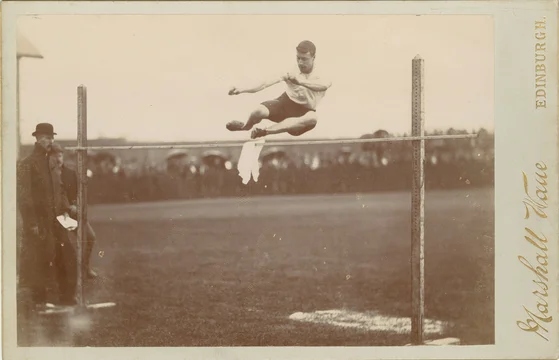
I always find that it can be helpful to see how judges rule on things, even if the rulings are kind of fact-specific, because it can still give you a sense of how they will rule on other things. (Thus, we have a blog.)
In Attentive Mobile Inc. v. Stodge, Inc., d/b/a Postscript, C.A. No. 23-87-CJB (D. Del. Jun. 12, 2025), Judge Burke addressed a Daubert motion to preclude a damages opinion that included revenue from non-infringing functionality in its royalty base, on the basis that it failed to apportion damages.
The patentee argued that its expert was correct to include these revenues, and not to apportion them out, because use of the accused functionality also drove increased revenue from the unaccused functionality:
According to [patentee's damages expert] Mr. Kidder, [the accused infringer's own testing] showed that the ability to use the claimed technology . . . in turn spurred on [the accused infringer's] customers to send . . . generate more revenues—not only as to revenues associated with [the accused functionality], but also as to revenues associated with [the unaccused functionality].
Id. at 4. The Court held that it was a close call, primarily because of the poor job that the expert's report and the briefing did in explaining the argument. But the Court ultimately admitted the report after noting the low (or, at least, "not that high") bar for admissibility under Daubert:
This last issue was a close call. In part, that was because Mr. Kidder’s report (and [the accused infringer's] briefing) could have been clearer and more fulsome in explaining [their] position. That said, the Court has to keep in mind that the standard for reliability is “not that high[,]” and that Rule 702 embodies a “liberal policy of admissibility.” . . . In light of this—and because Mr. Kidder’s report does at least contain some evidentiary basis in support of his theory—the Court declines to grant the Motion on this ground.
Id.
If you enjoyed this post, consider subscribing to receive free e-mail updates about new posts.



